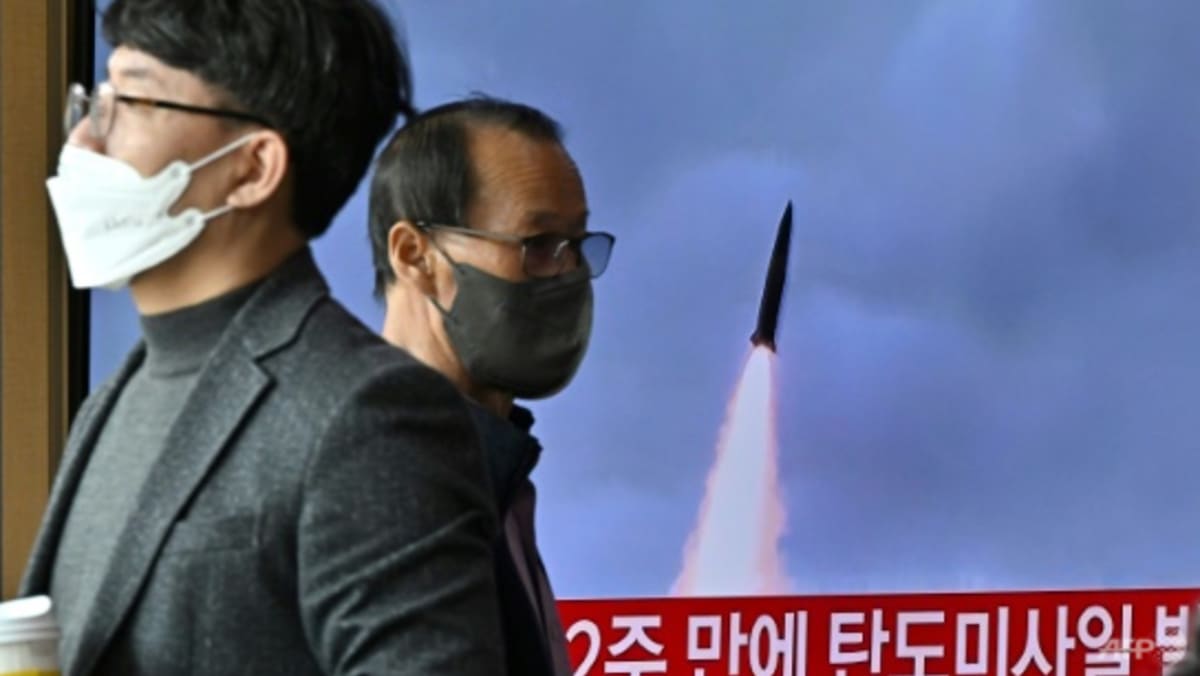
Mr Klingner said that even China, North Korea’s closest ally, is likely unhappy with Pyongyang’s nuclear programme and its frequent provocations. However, he said China is unwilling to apply pressure and would prefer status quo to avoid aggravating North Korea.
“(China) fears triggering even more provocative behavior by the North, or an implosion where the regime collapses and loses control of its nuclear weapons,” he said. “So they don’t like the situation but they prefer status quo to the potential of even worse conditions if North Korea would lash out or implode,” he added.
DIPLOMACY OR SANCTIONS?
“Diplomacy has failed,” said Mr Klingner, citing the multiple international agreements with North Korea that have all but failed.
“Arms control, denuclearisation, tension reduction, conventional force reduction – all these have merit but they all require a regime willing to sit in the same room as our diplomats, and North Korea has been unwilling to do that in the last several years,” he said.
“So in the meantime we need to maintain and enhance our defence capabilities, and (apply) sanctions.”
Sanctions serve to uphold and defend UN resolutions and also constrain both the import and export of nuclear- and missile-related components and technology to North Korea, as well as rein in money from illicit activities which the North uses to fund its nuclear missile programmes, he said.
Although Assist Prof Ryu said he felt that there are “very little bargaining chips to entice the other to make concessions”, he believes that the solution is to reinitiate negotiation and diplomacy.
“If there is some movement toward diplomacy, that’s when we will see gradual rundown of these military exercises,” he said.
